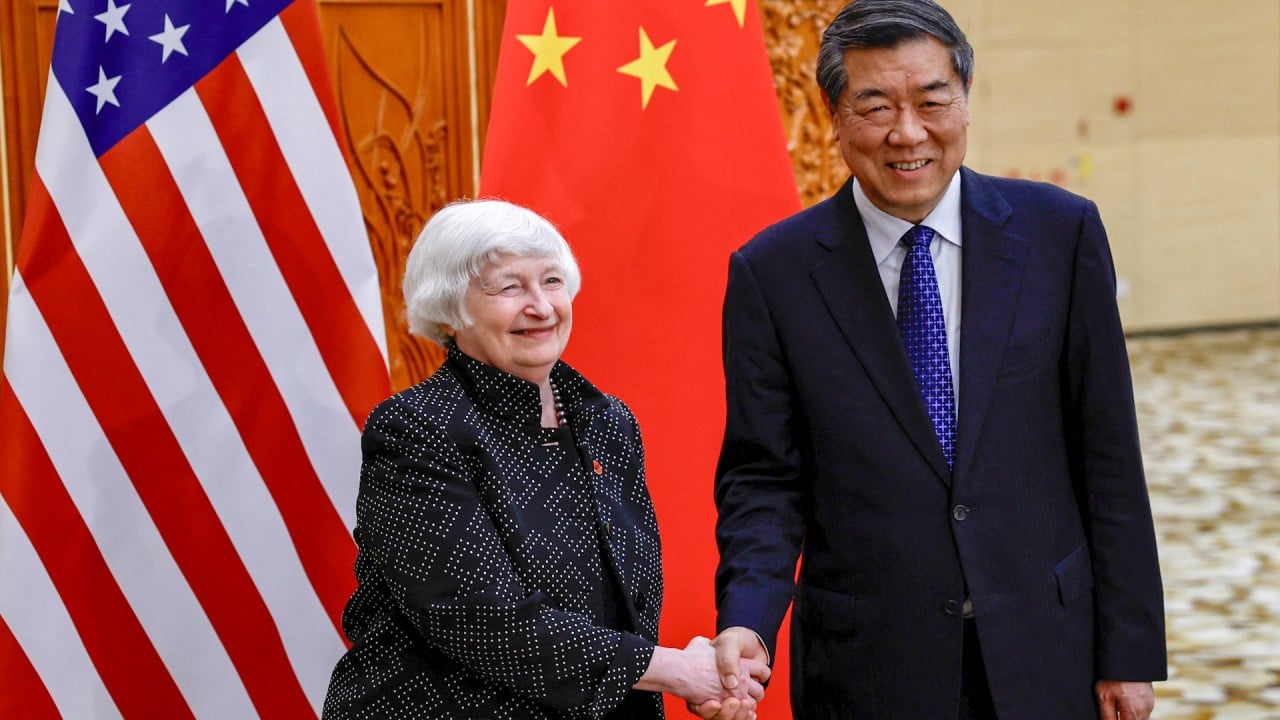Germany’s China shock: as Scholz leaves Beijing, others raise alarm about waning economic honeymoon
- German industry debates how to proceed after finding cracks in a once robust and mutually beneficial relationship
- ‘China is moving into the kind of space that Germany used to occupy quite prominently in the world economy, especially if you look at export numbers’: economist

For more than 20 years, Webasto has been at the heart of one of the great economic marriages of modern times.
First making sunroofs, and then heating, air-conditioning and battery systems for local and international carmakers that were rushing to build factories of their own in the world’s new workshop, the company grew exponentially to become a global leader in its niche.
German exports boomed as newly minted Chinese consumers bought their first cars, and factories around the manufacturing heartland needed machine tools and kit. German joint ventures helped school Chinese partners and propel an economic miracle that saw China become the world’s second-largest economy, and that cushioned Germany from successive economic crises.
But over the past couple of years, cracks have started to show. Amid declining demand and stiffer competition, Webasto announced it would cut 1,600 jobs from its global workforce.
